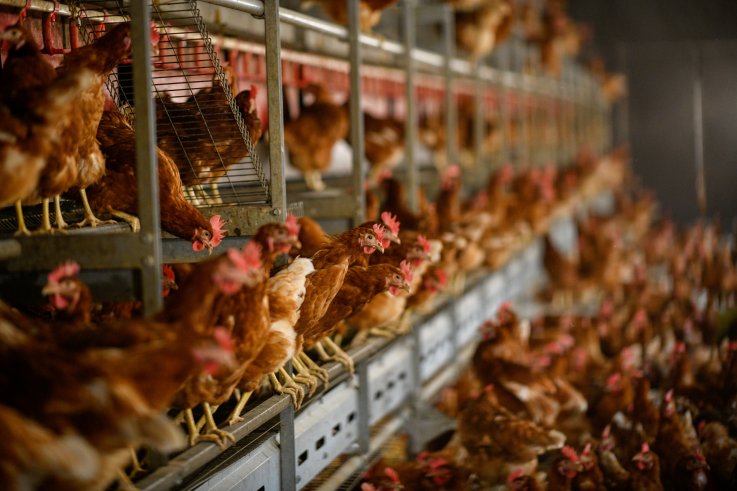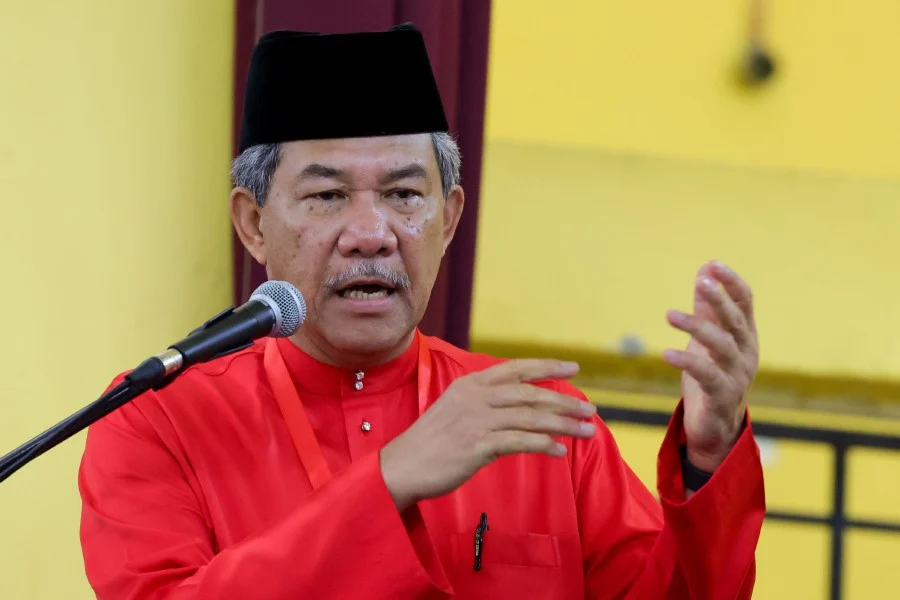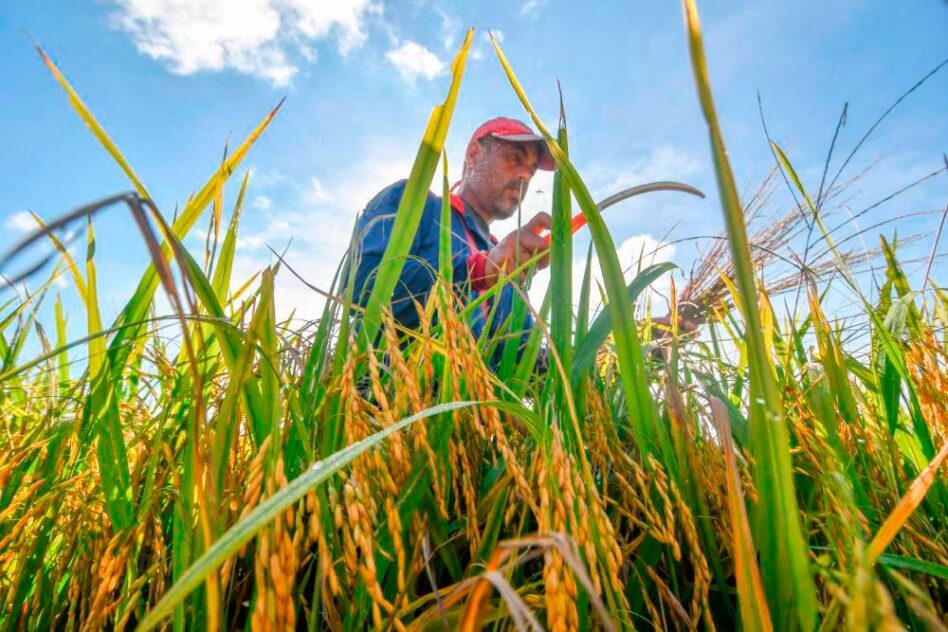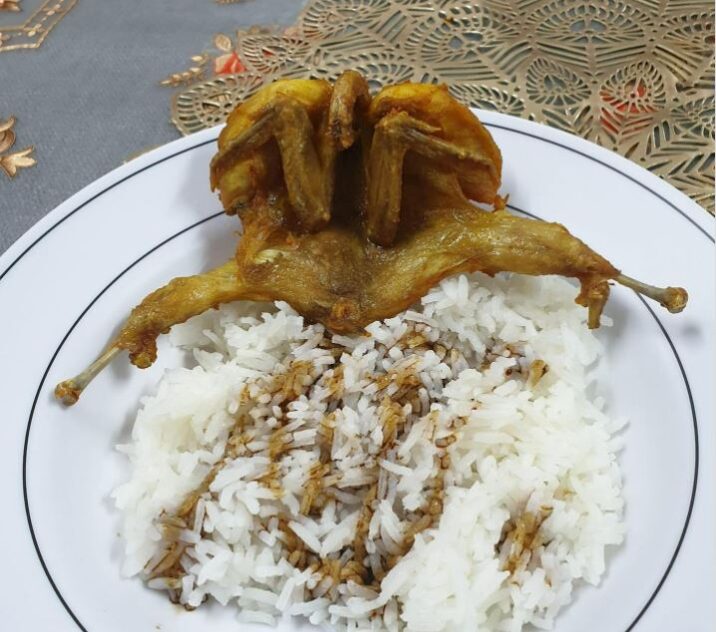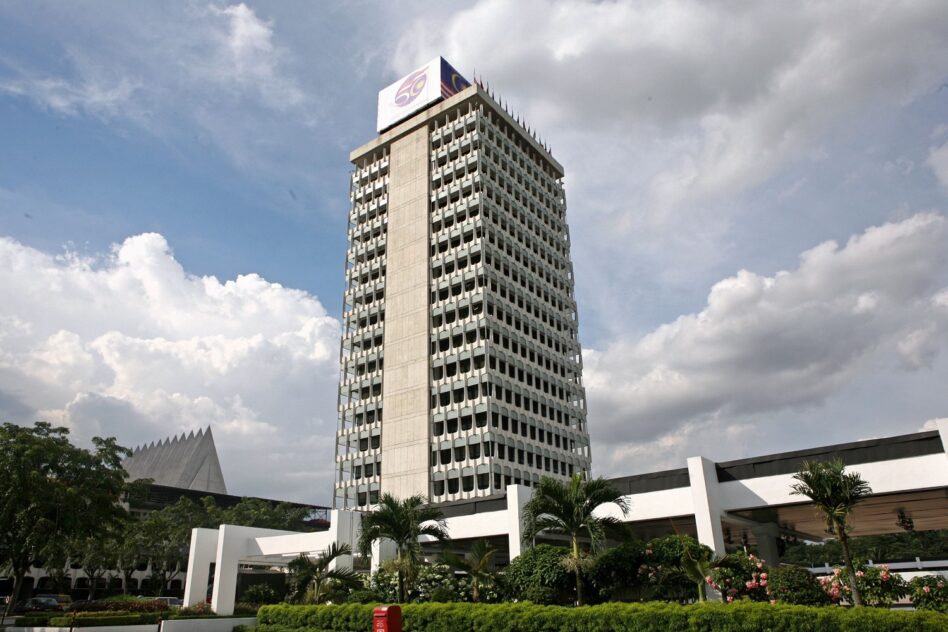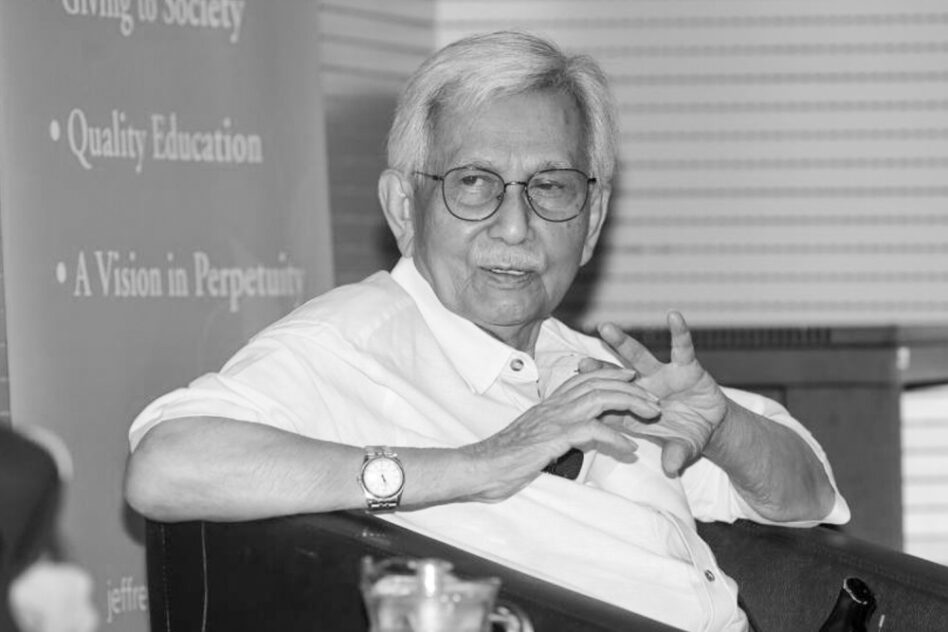THE country’s move to ban the export of whole chicken from June 2022 in a bid to stabilise price and supplies in the country has done long-term economic damage to Malaysian farmers as other countries have looked elsewhere for their supply of chickens.
Despite the fact that the ban was eased in mid-June 2022, the damage to the industry was already done, with the impact felt most strongly in Singapore, which imports one-third of its chicken supplies from Malaysia including almost all of its live chickens, said Bangi MP Dr Ong Kian Ming.
“Private food importers in Singapore immediately announced alternative supply sources of chicken from Thailand and on June 1, the Singapore Food Agency (SFA) announced a list of new farms and establishments which could export their chicken products to Singapore including from Australia, Brazil and Thailand,” he explained.
“On June 30, the SFA announced the approval of three establishments in Indonesia to export chicken meat and chicken meat products to Singapore. More recently, the Indonesian ambassador to Singapore announced the possible setting up of chicken farms in Batam to export live chickens to Singapore.”
Ong pointed out that the Agriculture and Food Industries Ministry (MAFI) must understand that the path to food security in the country is not only to provide sufficient supplies for the domestic market but also be able to produce enough supplies to export to foreign markets.

“Instead of harming local chicken farmers by short-term policies such as the export ban and by putting in price controls that are not reflective of the underlying cost of production, MAFI should be putting in place plans to help our chicken farmers expand their domestic production and access to foreign markets,” Ong noted.
“When our chicken farmers can earn more from the export market, they would be in a better position to manage the price of chicken and eggs in the domestic market.”
To resolve the issue Ong proposed that MAFI work with the industry including members of the Federation of Livestock Farmers Association of Malaysia (FLFAM) to provide soft loans via Agrobank for long-term investments and expansions in this sector.
He also suggested working with MATRADE, an agency under the International Trade and Industry Ministry (MITI) to expand market access for Malaysian chicken producers to other countries which import chicken and chicken products including for the halal markets in the Middle East.
“[MAFI should utilise] its agencies on how to assist the industry to increase its productivity and reduce the reliance on foreign workers including via investments in automation and Industry 4.0 best practices,” he recommended.
“[They should] work with state governments and land-owning government-linked companies (GLCs) to identify areas for new chicken farms including via strategic joint venture (JV) partnerships.”
Ong said MAFI should strive to understand the underlying cost structure of chicken farmers while making it easier for these players to claim for the announced subsidies for chicken and chicken eggs.
MAFI should also assure its export markets, especially Singapore, that such export bans will not be implemented again and that contractual sanctity will be respected.
“Strategic thinking, coordination and planning are needed on the part of MAFI and the Malaysian Government to prevent further closures from happening especially since the cost pressures on chicken farmers will continue to be present,” Ong said. – July 29, 2022


